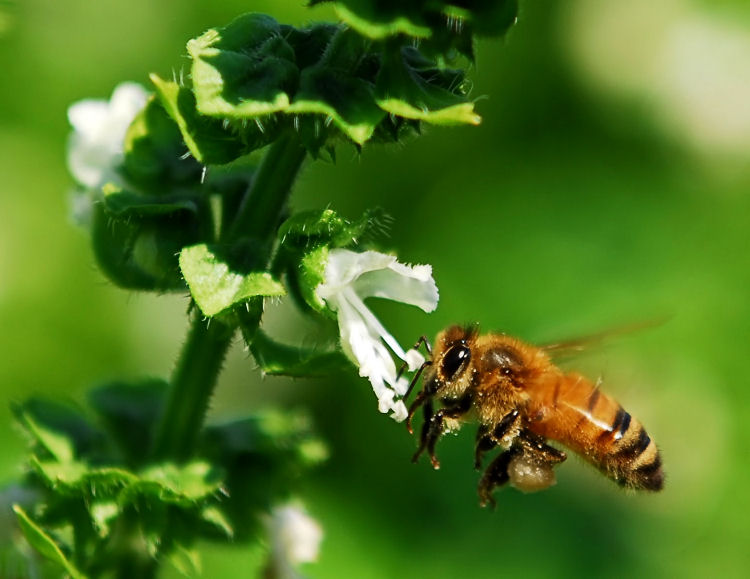America NEEDS more Small scale bee keepers.
I can't help but believe that huge Factory Bee Corporations with thousands of colonies and over medicating the populations with prophylactic antibiotics and chemicals, and then trucking them across the country is part of the problem.
If you want to start some bee colonies I have three STRONG suggestions:
1)
Check in with you County Extension.They are really helpful. There are some regulations concerning transportation, registration, and inspection, and there may be some local ordinances. They are also a great resource for latest research and new methods, pest & disease control. They can also facilitate state hive inspections.
We generally avoid government agencies where ever possible, and have never voluntarily registered anything, but we make an exception for our bees. The benefits FAR outweigh any downside.
2)
Join you local Beekeepers Association.These are some of the most
laid back people you will ever meet.
Starkraven and myself are not
joiners, but we look forward to our monthly meetings with the "bee people". This is another valuable resource for local information concerning pests, honey flows, equipment and disreputable operators. You can also pick up some
hands-on experience working around hives.
Make no mistake...it is
scary opening a hive the first time.
You will also be able to pick up some free localized bees from you local bee keepers. (Healthy colonies EXPAND, and many local bee keepers have all they want and are more than happy to give them away).
3)
Always use new equipmentThere are some
very persistent pests and diseases that can be transmitted through the equipment.
Used equipment abounds at some very attractive prices.
It is not worth the risk in my opinion. If you join the local association, some will offer you old equipment for FREE, but we always politely turn it down.
New Equipment is very reasonable, and there are many wholesalers and retailers online.
We use
Dadant, and have been very happy with them.
Photography is one of my loves. Digital cameras made it easy.
Mother Earth News published two of my photos this month.
http://www.democraticunderground.com/discuss/duboard.php?az=view_all&address=280x43395The
Bees In-Flight photos were one of my quests last Summer.
I originally tried to
chase the bees, but the results were disappointing.
Late in the Summer, our Basil
went to flower and our bees LOVED it, so I had plenty of subjects flying around in one place.
I tripod mounted my camera, waited for that golden late afternoon sun, manually focused an a spot, and waited for a bee to fly into the frame.
There were so many bees that I didn't have to wait very long.
Nikon D200
Nikon 70 - 200 VR F2.8 lens @ 200mm (Full Zoom) with a 20mm macro spacer.
Aperture Priority @ F/4.5 (Wide Open with the macro spacer)
ISO = 160 (for good color saturation)
Shutter = 1/750
I took about 300 pix that afternoon. 4 were
in focus.
The focal plane was so narrow with the wide open lens and the macro spacer that the bee had to be in exactly the same plane as the flower focal point. If the bee was slightly at an angle, the focus was off. That is the JOY of digital photography.....it doesn't cost anything to take hundreds of photos.
Anyone who takes 1000 photos is going to get a good one.
I am proof.

The photo group at DU is very good!
http://www.democraticunderground.com/discuss/duboard.php?az=show_topics&forum=280Cheers